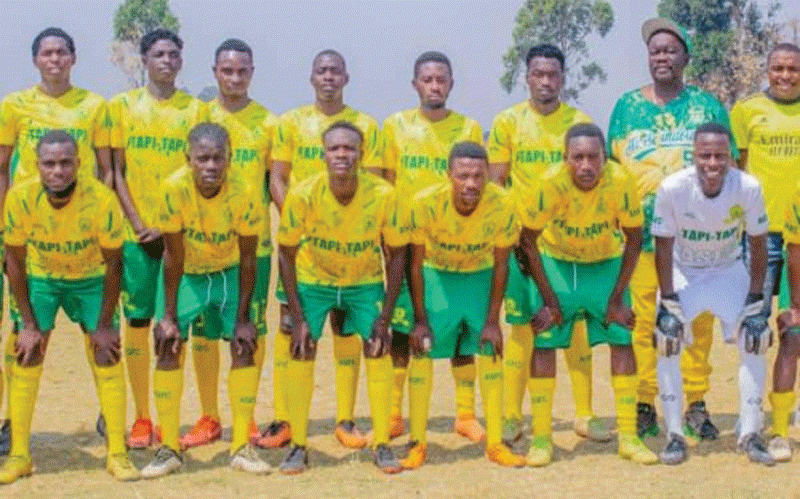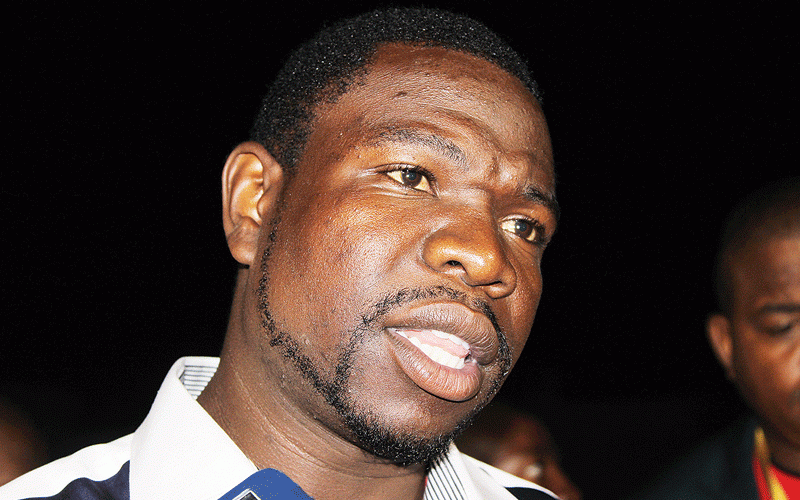
When it comes to sermons, there are some classic and extreme responses! In some churches, the congregation sits silently throughout the whole sermon, absorbing the message or dreaming of their lunch, it not being easy to determine from the look on their faces which is in operation. The preacher could fall from the pulpit or take their clothes off, but the congregation would remains unmoved, the look on their faces exactly the same as if he was droning on and on. In contrast, there are churches where audience participation is promoted, required or even stirred. Loud cries of “Hallelujah!” and “Preach it, brother!” and “Yes, Lord!” will be heard and celebrated throughout.
It does beg the question though: would such people ever cry out “No, Lord”? And do they, as some have suggested, shout out “Help him, Lord” instead of “Preach it, brother”, when the preacher is not doing well? There is at least one person, call him “a cynic” if you will, though, who, if the preacher calls out, “Can I have an amen?” will shout it, “No, you can’t! Get on with it!” The fact is that the preacher should not need to have the approval of the congregation; he should believe entirely and confidently in what he is sharing and indeed delight in it. There is a very real danger that people otherwise will purely preach for popular acclaim; they will say those things that people will want to hear. As in the world of social media, they are desperate for ‘Likes’; they want approval.
Of course, we are all human and we like to hear approval from others, to give us encouragement and develop confidence. However, who gives the approval is the key factor in it all. If we just listen to any voice of approval (and there will always be someone out there who will approve of what we say or do, for whatever reason or motive) then we will be in trouble, floating around on the tides of modern opinion. Children are very susceptible to that, naturally, being less experienced and mature, especially when it comes to sport.
Joe Girardi, an American sports broadcaster and former professional baseball player and manager in Major League Baseball, once said that: “If kids are always looking to their parents for approval, they’re not competing and they’re not having fun – they’re working on pleasing their parents instead. I don’t want my kids to please me. I want them to please themselves. Sitting in the stands and after the game, my job as a parent is to let my kids know that I believe in them no matter how they perform.”
That, there, is fundamental and must be grasped and understood by parents (and also coaches). At one school first team rugby match against their rivals, one boy played an absolute blinder of a match (scored several tries, kicked penalties and conversions unerringly, tackled fiercely, joined the line wisely, gained hundreds of metres — a man of the match performance) yet when he came off the field, happy with his performance, to meet his father, his father’s first words were “Why did you miss that tackle?” The parent did not approve of his son’s play and his son lost all sense of fun.
Let us reiterate the crucial point: Children must play for fun, to please themselves. It is not their duty to please their parents, nor is it their duty to ensure that the school wins every match. Yes, they have a responsibility to take part in sport, but their motivation should be their pleasure, not their parents’ (or school’s). After all, if we stop to think about it, if a child does play for their parent’s approval and does not receive it – what then? And if he plays for his parent’s approval and does get it – what then? He will only do what will please the parent. And what happens if the parent’s approval is for something that is different to the coach’s approval…? Who is playing the sport?
We often use the phrase “Please yourself” in a light-hearted, off-hand, casual, dismissive manner – as in we are not worried about what that person does (“Suit yourself”). We do not mind whatever way is chosen. Sometimes it may be used in an arrogant manner, implying that we know better, or in a sarcastic manner (as in “see if I care”). When it comes to children in sport, it means literally, simply, you go and play sport and please yourself. Have fun. Do what you can.
We are not looking for an “Amen” here (though perhaps readers have been thinking “Help him, Lord”). This is all we preach, whether you like it or not: parents, let your child enjoy himself in sport.
- A celebration of being together
- Grace tidings: Do you understand what it means to be holy?
- School of sport: For everything there is a season
- Vieira backs Mane for Ballon d’Or ahead of Bayern move










